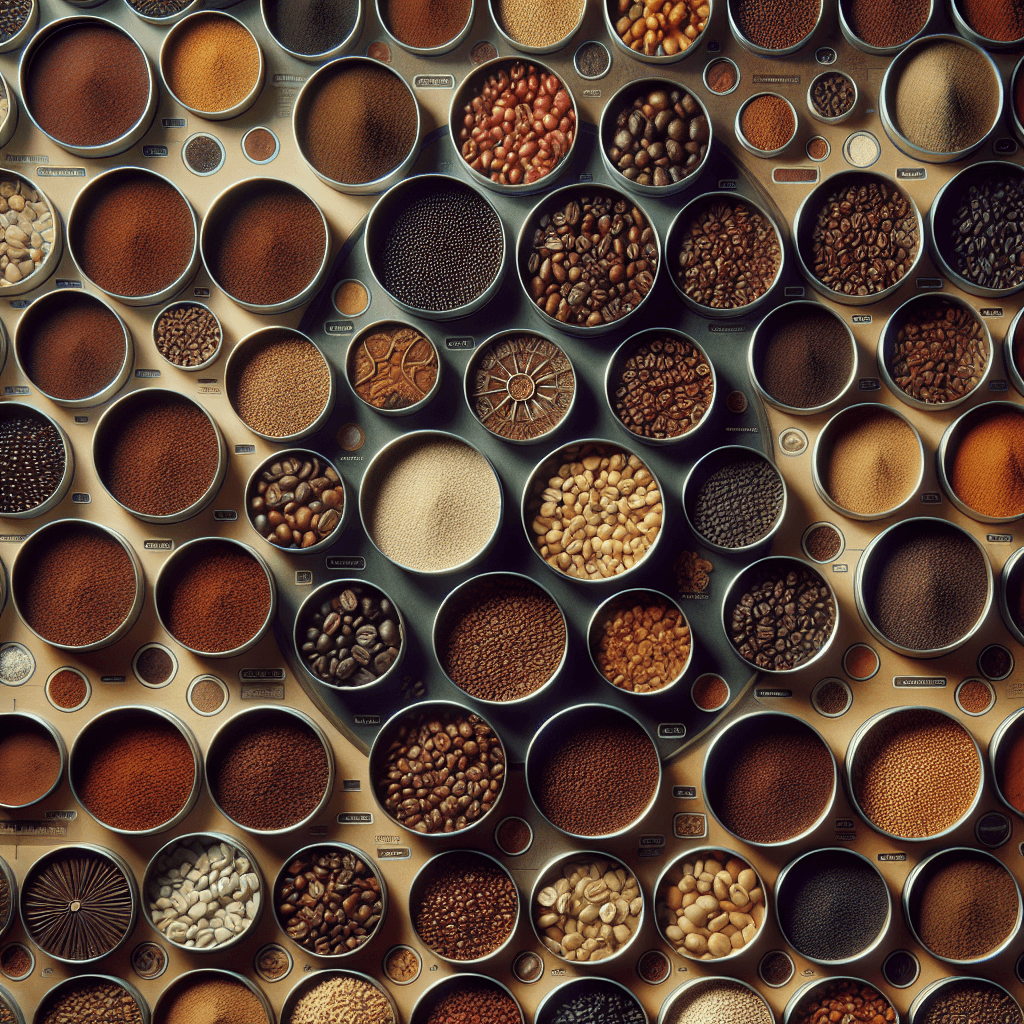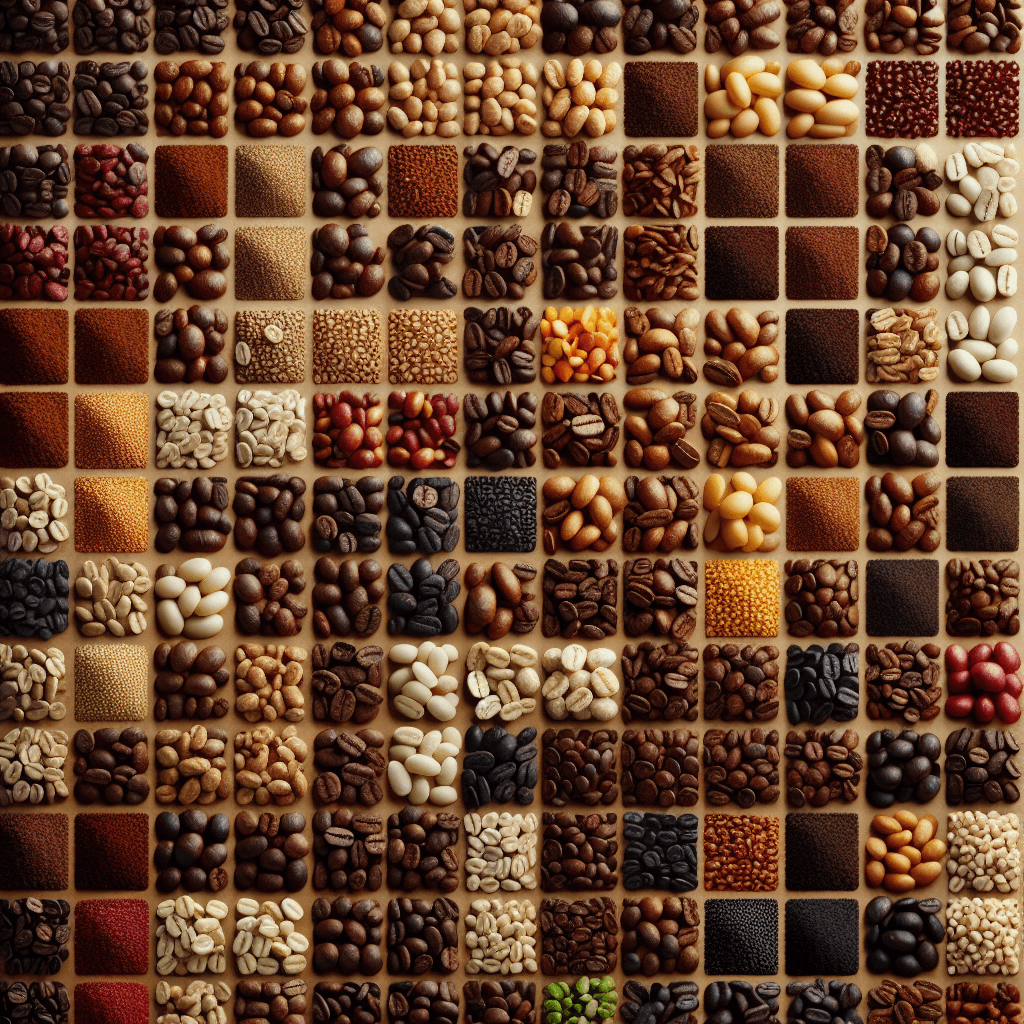Is Single Origin Coffee Organic
Is Single Origin Coffee Organic?
Understanding Single Origin Coffee
When we talk about "single origin" coffee, we are referring to coffee that comes from a single producer, crop, or region in one country. This label is meant to emphasize the unique properties of the region and the methods used by the growers. Single origin coffee is renowned for its distinctive flavor profile, a reflection of the country's soil, climate, and cultivation practices lead to this ultimate taste experience. However, does this mean single origin coffee is organic? Everyday coffee enthusiasts, connoisseurs, and baristas alike continually pose this question. Well, let's break this down.
Defining Organic Coffee
The term "organic" refers to the way agricultural products are grown and processed. For coffee to be certified as organic, it must be grown under specific conditions that promote ecological balance, biodiversity, and cycle resources sustainably. This means the use of most synthetic fertilizers, pesticides, and genetically modified organisms are prohibited, ensuring that the product is not contaminated with residues of harmful chemicals.
So, Is Single Origin Coffee Organic?
The short answer is: not necessarily. While many single origin coffees may be grown and processed using organic practices, they only earn the "organic" designation if they are officially certified by a credible organization, such as the USDA in the United States. Hence, a coffee can be single origin and not be organic. Similarly, a coffee can be organic without being single origin if, for instance, it combines beans from different certified organic farms in multiple locations.
The Intersection of Single Origin and Organic Coffee
While 'single origin' and 'organic' speak to different aspects of coffee production—the former its geography and the latter its cultivation practices—they are both indicators of a commitment to quality and sustainability. Despite not all single origin coffees being organic, there is a considerable overlap between the two. Many small-scale farmers involved in single origin coffee production employ natural, eco-friendly practices out of necessity, tradition, or respect for the land. These methods are often compatible with organic standards, but obtaining certification can be burdensome or cost-prohibitive for these smaller operations.
Deciding Between Single Origin and Organic Coffee
The decision between these two options depends on what you value in your brew. Single origin coffee offers unique flavors and traceability, while organic coffee ensures pesticide-free beans and promotes eco-friendly practices. It's not an either-or situation. In an ideal world, your perfect cup of coffee would be both single origin and organic. However, whether certified or not, any move towards more naturally grown, sustainable coffee is a win for both coffee lovers and the planet.
Daily Grind Tip
When brewing your coffee, remember that fresh is best. Try to use your coffee grounds within two weeks of purchase to ensure that you're getting the best flavors. And remember, just like in life, it's important to take the time to savor each moment (or sip) because the richness of the experience is not only in the destination but also in the journey.
Now, "espresso" yourself and face the day! As the famous motivational speaker Les Brown said, "Life has no limitations, except the ones you make." So let's "coffee" those worries away and brew some positivity. That's the best blend there is!









